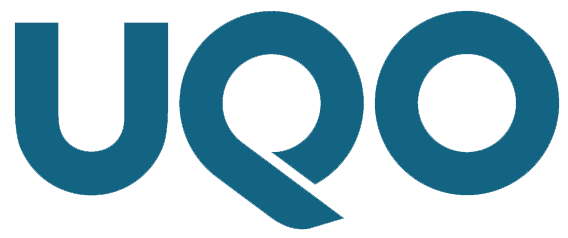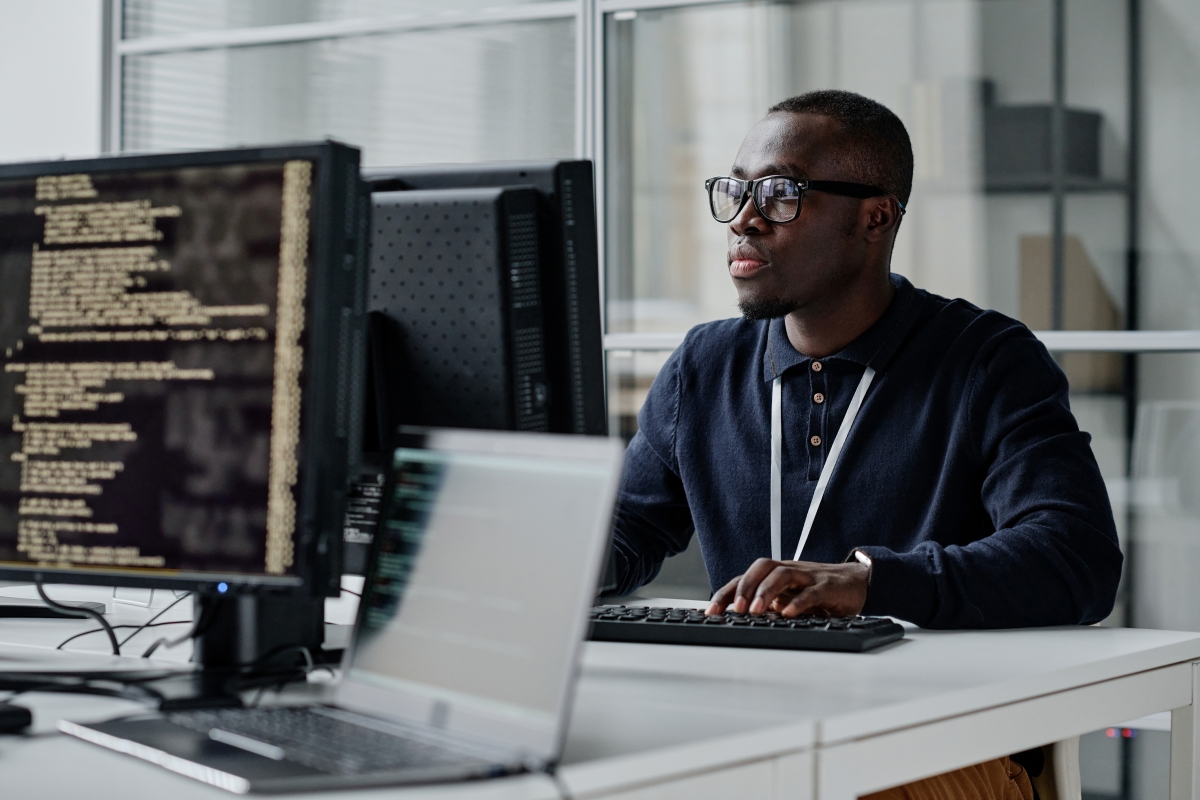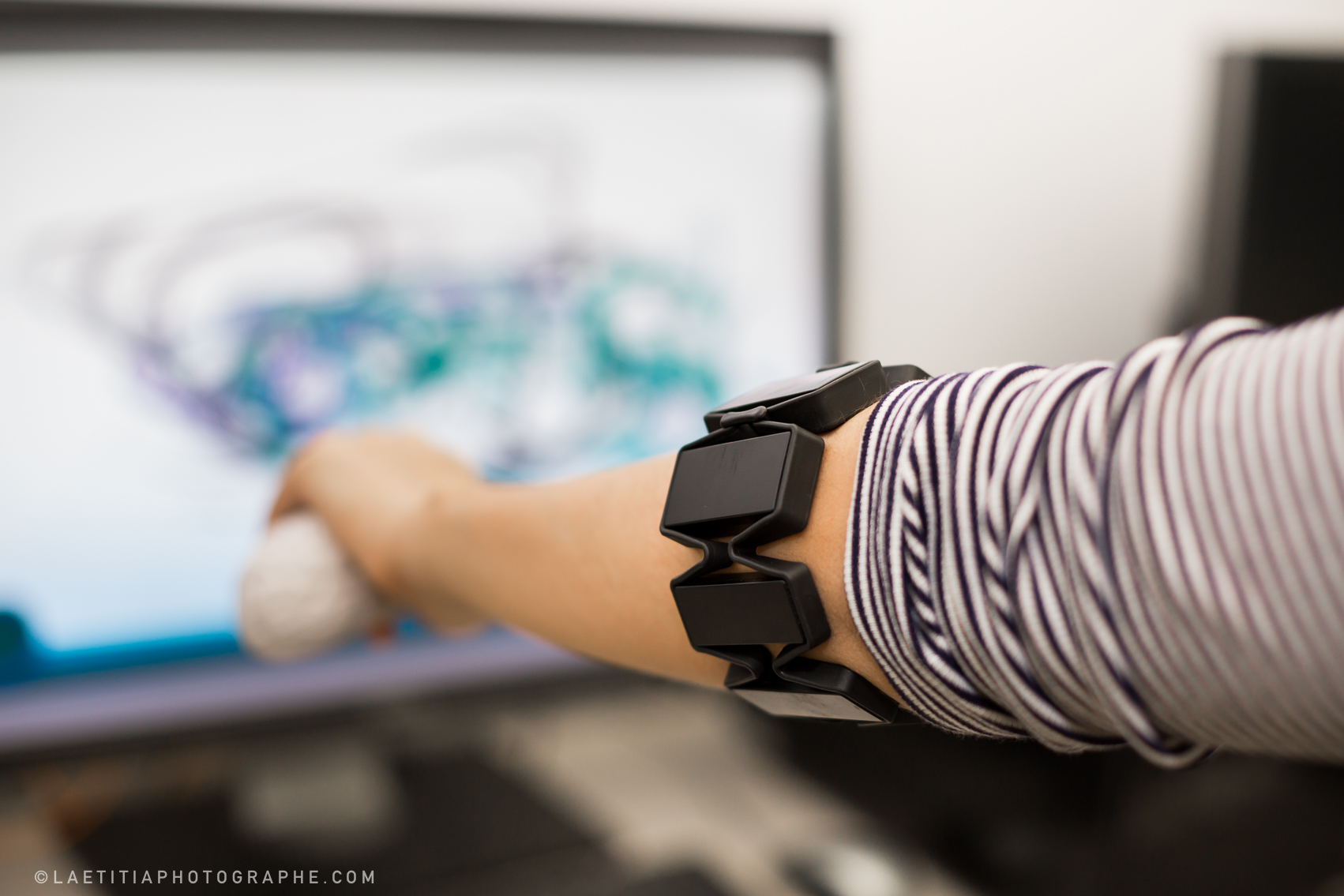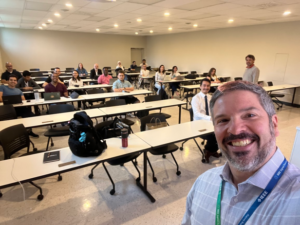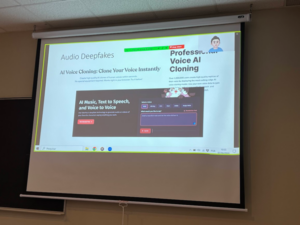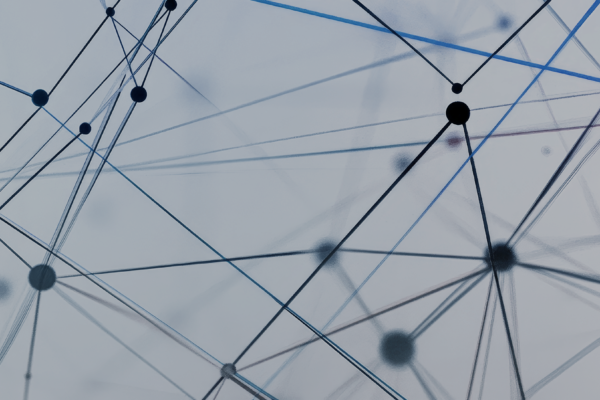About
The Cybersecurity and Digital Trust UMR aims to promote a safe and secure digital world. As the digital transformation of our activities progresses, cybersecurity is becoming more complex and important than ever, affecting software, hardware, and human aspects. It aims to protect our digital data and assets but also to ensure that our interactions in the digital world are secure and respect our privacy.
Digital trust is trust in the people, processes, and technology that ensure the security and safety of our interactions in the digital world. It includes trust in the platforms we entrust with our private data, but also trust in the information shared online and in the artificial intelligence tools that are increasingly becoming an integral part of this digital world.
Areas of expertise
Protection of digital assets and human factors
- Network security and intrusion detection systems
- Security of IoT devices
- Software vulnerabilities
- Human factors in cybersecurity
Artificial intelligence and digital trust
- Automated agents in cybersecurity
- Algorithmic biases
- Use and risks of generative AI for code generation and analysis, as well as for society
- Explainable, responsible, and ethical AI
- Security issues of federated learning
- AI and its implications in (cyber)psychology and (cyber)psychiatry
Trust in the digital world
- Online information and disinformation
- Detection of deepfakes and identity theft
- Identity and privacy online and in the metaverse
- Multimodal biometrics and forensics
- Compression of large AI models for more secure edge applications
- Blockchain and its applications
Members and researchers
Zakaria Abou El Houda (INRS)
Zakaria Abou El Houda is an assistant professor at Institut national de la recherche scientifique (INRS), within the Energie Matériaux Telécommunications Centre. His research work encompasses the fields of network security and focuses, among other things, on artificial intelligence applied to cybersecurity, particularly to intrusion detection systems in critical networks (e.g. smart grids, the Internet of Things (IoT), industrial IoT), the study of the explainability and robustness of these systems, security in distributed/federated machine learning, and blockchain. He specializes in automation and security enhancement issues for next-generation networks (5G and beyond/6G).
Publications : https://scholar.google.com/citations?hl=en&user=rrLpEjoAAAAJ
Zakaria Abou El Houda (INRS)
Anderson Ávila (INRS)
Dr. Anderson Avila is an assistant professor at the Institut national de la recherche scientifique (INRS), within the Energie Matériaux Telécommunications Centre. His research focuses on areas such as federated learning for data protection, cyber defence, automatic processing of human languages, and biometrics. Dr. Avila obtained a bachelor’s degree in computer science from the Federal University of São Carlos, a master’s degree from the Federal University of ABC, and a doctorate from INRS. Prior to his current position, he worked as a researcher in natural language and speech processing, focusing on model compression, low latency, and robustness in spoken language understanding.
Publications: https://scholar.google.com/citations?user=Q0hJ-hAAAAAJ&hl=en
Anderson Ávila (INRS)
Stéphane Bouchard (UQO)
Professor Bouchard’s research projects focus on the development of virtual reality environments to treat complex anxiety disorders and pathological gambling, conducting clinical trials on the effectiveness of in virtuo exposure for anxiety disorders and leading experimental studies to understand why virtual reality is an effective therapeutic tool for generating strong emotional experiences. This work involves cybersecurity and digital trust in several respects, from the risks posed by access to highly confidential information to the consequences of experiences in the metaverse. Telepsychotherapy is another prolific field of research, where he conducts clinical trials and studies of the mechanisms underlying the effectiveness of cognitive-behavioural psychotherapy applied via videoconference. Here again, the implications for cybersecurity and digital trust are important in guiding mental health professionals in the application of best cybersecurity practices. His research laboratory is home to Psyché, the only six-sided immersive vault dedicated to research in mental health and cybersecurity. He has received several awards and distinctions, including the Adrien Pinard prize in 2014 for his contribution to the field of psychology.
Publications: https://scholar.google.com/citations?hl=en&user=WigdrgwAAAAJ
Stéphane Bouchard (UQO)
Alan Davoust (UQO)
Alan Davoust is an associate professor in the Department of Computer Science and Engineering at UQO. His research focuses mainly on the interaction of agents and/or people in computer systems. He is interested in distributed systems from a multi-agent perspective, particularly the interactions between people and automated agents, and the biases and issues of trust associated with these interactions. He is also interested in the ethical dimensions of artificial intelligence and socio-technical systems.
Publications: https://scholar.google.com/citations?hl=en&user=32SzsWcAAAAJ
Alan Davoust (UQO)
Tiago H. Falk (INRS)
Tiago H. Falk is a full professor at Institut national de la recherche scientifique (INRS), within the Energie Matériaux Telécommunications Centre. He is an expert in secure and adaptive human-machine systems and is currently working on projects to detect synthetic media (including deepfakes) and on the compression of large AI models for edge applications, privacy in the metaverse, biometrics robust to adversarial attacks, and trustworthy human-AI teaming. He directs the Multisensory Signal Analysis and Enhancement Lab, with locations at both UQO (Gatineau) and INRS-EMT (Montréal).
Publications: https://scholar.google.ca/citations?user=_i58BPYAAAAJ&hl=en
Tiago H. Falk (INRS)
Raphaël Khoury (UQO)
Raphaël Khoury is a professor in the Computer Science and Engineering Department at Université du Québec en Outaouais (UQO). His research focuses on software security and best secure programming practices. He is the author of the book “Software Security: A Defensive Approach” and is the recipient of research grants from FQRNT and NSERC.
Publications: https://scholar.google.ca/citations?user=bskziasAAAAJ&hl=en&oi=ao
Raphaël Khoury (UQO)
Partners
CIRICS, LRSI, LARIVIA, DRDC, Thales, Digital Trust Laboratory, InVirtuo, MYND Therapeutics, BMU Augmented Intelligence, COlab numérique, CyberQuébec, Ville de Gatineau, Beneva
The Joint Research Unit in brief
Events
News
Monthly Cybersecurity Seminars : Every last Wednesday of the month
Networking activity: March 25, 2025, 1:00 p.m.
Registration by March 17 at the latest
Launch of the scientific program of the UQO mixed research unit on cybersecurity and digital trust. This event will allow you to discover how to develop projects in partnership with the mixed research unit, explore our expertise and identify new opportunities for collaboration that will benefit your organization.
The event will take place in person as well as online, with a webcast link to be communicated a few days in advance.
Tribunal-école (Room F1029)
Alexandre-Taché Pavilion
Université du Québec en Outaouais
283 Alexandre-Taché Blvd,
Gatineau, J8X 3X7
Program
- 1:00 p.m. Welcome of participants
- 1:15 p.m. Welcome remarks
- Remarks by the Rector of UQO, Ms. Murielle Laberge
- Remarks by the Director General of INRS, Mr. Luc-Alain Giraldeau
- 1:45 p.m. Presentation of the scientific program
- 2:45 p.m. Question period
- 15:10 Closing remarks
- 15:15 Networking cocktail and poster session
- 16:30 End of the event
Student Research Day (winter 2025 edition): March 20, 2025 – more details to come
Student Research Day (summer 2024 edition)
UMR members shine at leading international conferences, bringing home several Best Paper Awards:
“Securing the Metaverse: The Intersection of Machine Learning-Based Oracles and Blockchain Technology” was awarded Best Paper at #IEEE iMETA 2024! This work explores the fusion of AI-driven oracles and blockchain to enhance security and trust in the evolving metaverse landscape.
“Securing O-RAN with Zero Trust Architecture and Large Language Models” received the Best Paper Award at the 4th International Conference on Advances in Communication Technology and Computer Engineering (ICACTCE’24)! This research addresses key security challenges in O-RAN, focusing on the integration of untrusted third-party applications (xApps) within the near-real-time RAN Intelligent Controller (RIC). By leveraging Zero Trust Architecture and Large Language Models, the approach reinforces security in next-generation networks.
“Adapting Self-Supervised Features for Background Speech Detection in Beehive Audio Recordings” received the Best Paper Presented by a Young Researcher Award at the 2023 IEEE MetroAgriFor conference. This research shows the advantages of compressing and adapting large AI models for more secure edge applications and in the case of this work, for multimodal beehive monitoring.
“Fairness in Socio-technical Systems: a Case Study of Wikipedia” received the best paper award at the 2023 international conference on collaborative technologies (Collabtech 2023). It surveys issues related to fairness and bias in Wikipedia and demonstrates that phenomena conceptually similar to the algorithmic biases, which are caused by AI systems, can be caused by complex interactions of people and technology and affect socio-technical systems such as Wikipedia.
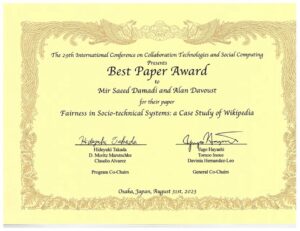 |
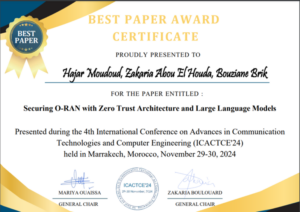 |
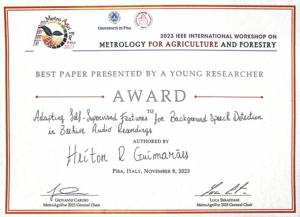 |
The UMR is always looking for summer interns, graduate and postgraduate students, and postdoctoral researchers. If you are interested, please send your CV, transcripts, cover letter, and list of publications to umr-cybersec@uqo.ca .
Contact

